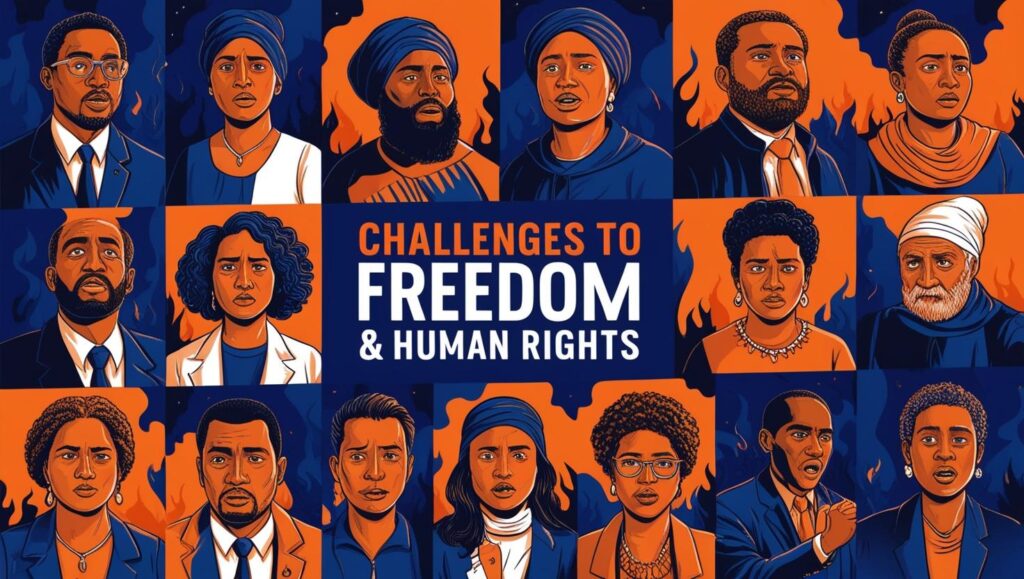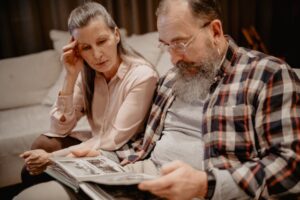
Despite advancements in global human rights, many communities continue to face restrictions on personal freedoms and social participation. Discrimination, targeted restrictions, and societal exclusion impact millions of people worldwide. These challenges are not confined to a single region but are widespread, affecting individuals across different cultures and backgrounds. Addressing these issues requires an understanding of their historical roots, current causes, and long-term effects on communities.
Historical Context and Ongoing Barriers
The struggle for equal rights has been ongoing for centuries, with historical events shaping the challenges seen today. Past conflicts, systemic biases, and institutionalized restrictions have left a lasting impact on modern society. Even in places where legal protections exist, subtle forms of discrimination and exclusion persist. Recognizing how historical legacies influence present-day policies and social attitudes is essential to fostering a more inclusive society.
Cultural and Structural Factors
Cultural expectations and institutional structures often contribute to ongoing challenges. In some cases, societal norms discourage open expression or limit opportunities for certain groups. Government policies and local customs may create barriers that prevent individuals from fully participating in society. Understanding these cultural and systemic factors is crucial in addressing social inequality and creating pathways for greater inclusion. Issues such as restrictions on religious attire, unequal access to education, and workplace discrimination continue to affect diverse populations, making it essential to advocate for stronger protections and inclusivity initiatives.
Economic and Social Consequences
Economic instability and social unrest can intensify these challenges. In some cases, economic struggles are used as justification for limiting access to resources and opportunities. Communities facing restrictions often experience long-term financial hardship, reduced educational access, and limited career prospects. This cycle of exclusion affects not just individuals but entire regions, leading to widespread social and economic disparity. Addressing these underlying issues is key to building stronger, more resilient communities. The intersection of economic inequality and social justice is particularly evident in marginalized communities facing multiple barriers to progress, including racial, gender, and religious discrimination.
Global Awareness and Advocacy Efforts
International organizations and advocacy groups play a critical role in raising awareness and pushing for change. Reports, such as the Christian persecution report, provide valuable insights into the experiences of affected communities. Additionally, organizations like the United Nations Human Rights Council and Amnesty International work tirelessly to document and address issues related to religious freedom, workplace discrimination, and barriers to equal justice. Awareness campaigns, policy recommendations, and grassroots initiatives work to promote equal rights and provide support where it is needed most. By shedding light on these issues, global efforts can drive meaningful progress.
Paths Toward Positive Change
In the face of widespread challenges, there are ongoing efforts to promote positive change. Community-driven initiatives, education programs, and legal support services help individuals navigate complex restrictions. Technology and social media have also become powerful tools for sharing experiences, building support networks, and advocating for change. By working together on local and global levels, individuals and organizations can foster an environment where fairness, inclusion, and equal opportunity are prioritized. The continued push for DEI (Diversity, Equity, and Inclusion) efforts in workplaces, schools, and public policies plays a significant role in ensuring that all individuals, regardless of background, have access to the same rights and opportunities.
Conclusion
Restrictions on personal freedoms and societal participation remain pressing global challenges with historical, cultural, economic, and structural roots. Addressing these issues requires a collective effort to raise awareness, challenge systemic barriers, and support affected communities. Through education, advocacy, and inclusive policies, progress can be made toward a more equitable future for all. Resources like the Human Rights Watch provide essential information on ongoing efforts to protect human rights and promote social justice worldwide.


